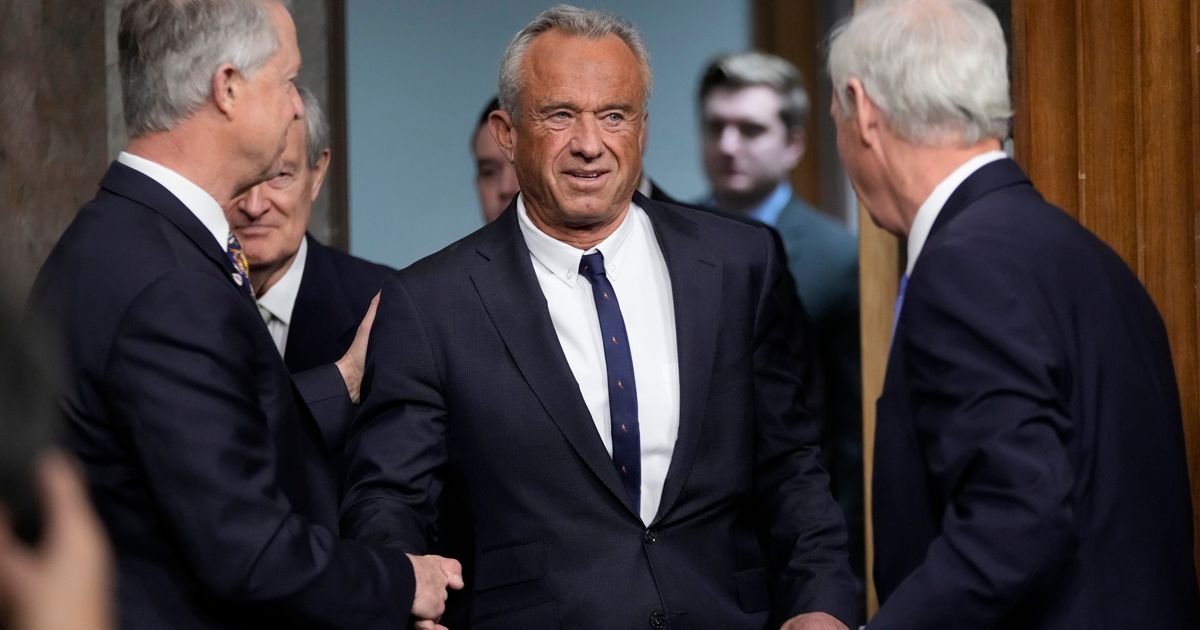Calls for central bank to reduce ‘unfair’ costs for consumers and stop businesses ‘being gouged’Follow our Australia news live blog for latest updatesGet our breaking news email, free app or daily news podcastSix Labor MPs are urging the Reserve Bank to ban all surcharges for every debit transaction and dramatically reduce merchant fees for businesses, asking the central bank to go further than the government’s pledge to stop surcharges only on card payments.Jerome Laxale, the member for Bennelong, called the extra fees people pay to use their own money a “rort” and said the RBA needed to step up. He led a submission, with five Labor colleagues, to the RBA’s review of card payment surcharging, saying the system needed major updates beyond those the government had committed to.Sign up for Guardian Australia’s breaking news email Continue reading…Calls for central bank to reduce ‘unfair’ costs for consumers and stop businesses ‘being gouged’Follow our Australia news live blog for latest updatesGet our breaking news email, free app or daily news podcastSix Labor MPs are urging the Reserve Bank to ban all surcharges for every debit transaction and dramatically reduce merchant fees for businesses, asking the central bank to go further than the government’s pledge to stop surcharges only on card payments.Jerome Laxale, the member for Bennelong, called the extra fees people pay to use their own money a “rort” and said the RBA needed to step up. He led a submission, with five Labor colleagues, to the RBA’s review of card payment surcharging, saying the system needed major updates beyond those the government had committed to.Sign up for Guardian Australia’s breaking news email Continue reading…
Six Labor MPs are urging the Reserve Bank to ban all surcharges for every debit transaction and dramatically reduce merchant fees for businesses, asking the central bank to go further than the government’s pledge to stop surcharges only on card payments.
Jerome Laxale, the member for Bennelong, called the extra fees people pay to use their own money a “rort” and said the RBA needed to step up. He led a submission, with five Labor colleagues, to the RBA’s review of card payment surcharging, saying the system needed major updates beyond those the government had committed to.
“Current costs are unfair and can no longer be justified … this points to a system that is unfair and broken and one that is ripe for reform,” the submission read.
The prime minister, Anthony Albanese, and the treasurer, Jim Chalmers, in October announced plans to move on excessive card surcharging, as part of a string of consumer-focused reforms to aid cost-of-living pressures. Albanese said the government was “prepared to ban debit card surcharges, subject to further work by the RBA”.
Laxale had run his own campaign on the issue before the government’s announcement.
“The declining use of cash and the rise of electronic payments means that more Australians are getting slugged by surcharges, even when they use their own money,” the prime minister said at the time.
While debit cards have long been promoted as a replacement to cash, a complicated system of opaque charges has created a multibillion-dollar revenue opportunity for the payments sector, including banks, card networks and payment platforms.
Consumers now often pay the same fee for a debit transaction and a credit card, even though the latter is a form of unsecured debt and provides the card holder with financial rewards such as loyalty points. Surcharges – which are governed by the RBA – can run from 1% to as high as 10%, with costs on shoppers estimated to be $4bn annually.
Laxale and his Labor colleagues Sally Sitou, Alison Byrnes, Michelle Ananda-Rajah, Louise Miller-Frost and Tania Lawrence have co-signed a submission calling for the banning of all debit surcharges, noting zero or near-zero cost options available to merchants.
The submission goes further than the government’s pledge on debit cards, calling for all debit payments – such as mobile wallet, account to account, or the new payments platform – to “be fee free at the checkout.”
“We believe that no debit-style payment method should cost consumers more when using digital payments, than they would with the non-digital alternative. Debit-style payments are the new cash, and should be treated accordingly,” they write.
“We call on the RBA to significantly reduce digital payment costs to businesses, and mandate debit style payments as fee free for every Australian consumer.”
Laxale called on the RBA to act.
“This rort has gone on for too long. 2025 is the year the RBA needs to shake this up,” he said.
“The RBA should have confidence the Australian public would welcome bold reform.”
Bradford Kelly, co-founder of the Independent Payments Forum, said the cost of a debit transaction was usually only a few cents but often cost customers much more due to “blended” rates that charge credit and debit transactions the same amount.
He said a ban on debit surcharges must be accompanied by cutting the fees charged to merchants and small businesses.
“[The surcharge] is not going the merchant, it’s to the payment provider,” Kelly said. “We’re being charged at a very premium rate, because credit cards are more expensive to charge than debit cards, but blended rates see many cards all charged at 1.5%.
“You need to unbundle the pricing: one price for debit and one price for credit. By all means ban surcharging on debit, but the underlying cost on the small business merchant must be significantly reduced because businesses are being gouged.”
Discover more from World Byte News
Subscribe to get the latest posts sent to your email.


